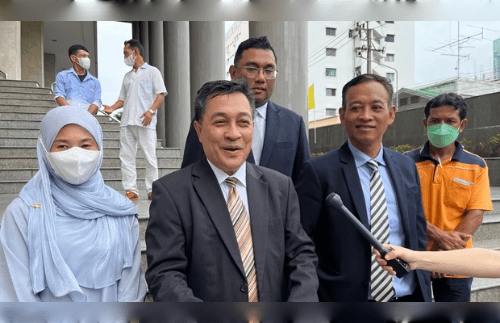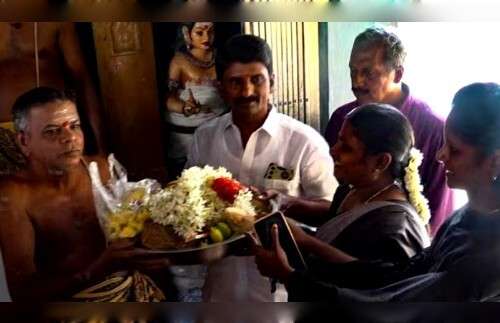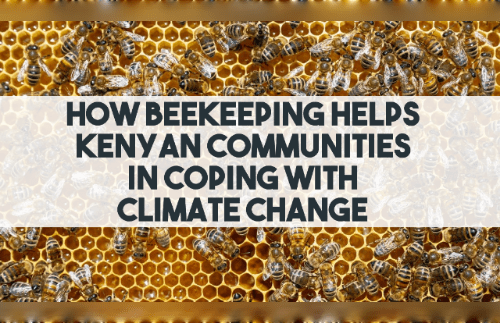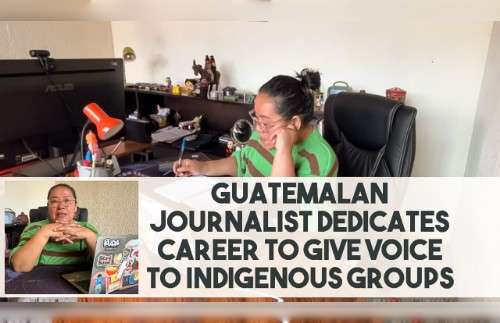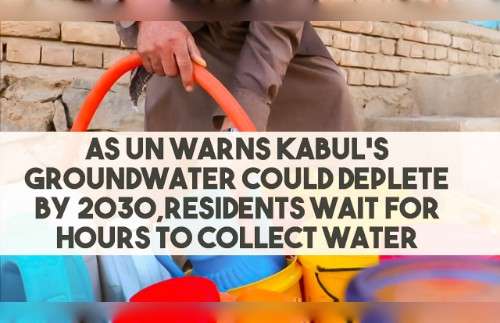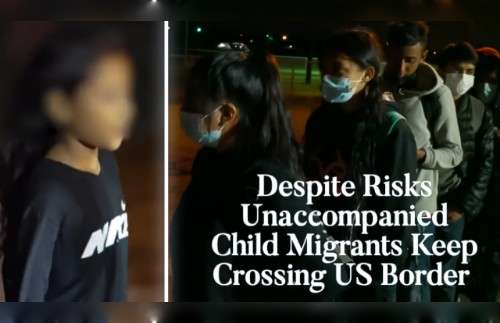Camille Elemia, Jeoffrey Maitem, Jojo Riñoza, and Basilio Sepe/Manila and Dagupan, Philippines

Ferdinand Marcos Jr., the son of the late Filipino dictator, was leading by a wide margin Monday in his quest to follow in his father’s footsteps and be elected president, according to early, unofficial results in the Philippine general election.
About two hours after the polls closed nationwide at 7 p.m. (local time), Marcos Jr., who is known by the nickname “Bongbong,” appeared to be well out in front, as shown in unofficial results reported by Filipino TV stations monitoring the servers of the Philippine election commission (Comelec).
Throughout Election Day, voters stood in long lines to cast ballots in presidential and other polls across the Philippines. Sixty-nine million Filipinos, including overseas voters, were registered to vote to choose a replacement for Rodrigo Duterte, the controversial president whose constitutionally mandated single six-year term ends on June 30.
Earlier in the day, hundreds of tally machines malfunctioned, while there were reports of violence in the country’s restive south.
Rivelino Conte, 85, arrived early to vote at a polling precinct in Dagupan City, some 200 kilometers north of Manila. “I want to exercise my right to vote even if I am old, to have a change in the government,” said Conte, who wore a white mask and walked with a cane.
Election commissioner George Garcia said he was “overwhelmed by the number of voters flocking to polling centers.”
“This is despite the pandemic threat. Democracy is alive in our country,” he told reporters on Monday afternoon.
Voters went to the polls from Luzon in the north to Mindanao in the south to elect the next president and vice president, half of the 24-member Senate, the entire House of Representatives, and thousands of local officials.
Presidential front-runner Marcos Jr. appeared poised to return the Marcos family to the presidential palace for the first time in 36 years, according to opinion surveys in the months and days leading up to the vote.
Marcos, 64, cast his vote early Monday in his family’s hometown of Batac City, in the northern Philippines, as did his mother, former first lady Imelda Marcos, and his son Sandro Marcos, who is running for Congress.
His only serious challenger, Maria Leonor “Leni” Robredo, 57, joined a long queue waiting for almost two hours before casting her vote at an elementary school in Magarao city in her home province of Camarines Sur, in the central Philippines.
If elected, she would become the third woman to serve as president of the Philippines in its nearly eight decades as a nation.
Officials had yet to announce voter turnout figures. In the 2016 presidential elections, voter turnout was 82 percent, the highest in the past five elections, according to International IDEA, a Swedish NGO that studies electoral processes around the world.

Voting machine malfunction
In some precincts, balloting was delayed due to malfunctioning vote machines and power outages, as reported by many people on their social media. Others said their names were misspelled or missing from the voters’ list.
Nearly 2,000 vote-counting machines malfunctioned, according to the elections commission (Comelec), which deploys more than 107,000 such machines and has more than 1,100 on standby for “contingencies.”
“All those voters lining up and waiting for their turn will be allowed to vote despite the machines malfunctioning. The voting will continue,” Garcia told reporters in a news briefing.
“We will just collect the ballots. That’s the solution; when the machines arrive, that’s the time we will insert it for the count. They should not wonder or suspect it’s a form of cheating, because it’s part of our protocols,” he added.
Asked about the broken voting machines, Robredo said her campaign had set up a hotline to receive complaints.
“We do not want the integrity of the elections questioned because that is when confusion arises. We hope that the authorities can show that they are on top of the situation, because public trust relies on that,” she told reporters outside her polling place.
In the southern Philippines, violence marred the voting. Philippine Army spokesman Ramon Zagala told reporters that there had been “15 election-related violent incidents” from Sunday night to Monday afternoon. Seven people were killed and nine injured, according to a BenarNews tally of various reports.
Security forces “were able to respond immediately, so we were able to stabilize the situation in those areas that are critical by shifting forces, and the elections continued,” he said, adding, “our presence has provided confidence to our people to vote.”

Most consequential election’
Monday’s vote will be a watershed election in this archipelago nation, according to one Philippines expert.
“I have called this not once – I think multiple times – as the most consequential election in Philippine history at least since 1969,” Richard Javad Heydarian, an assistant professor of political science at De La Salle University in Manila, said during a webinar hosted by the Stimson Center in Washington on May 5.
He was referring to a presidential election that then-incumbent Ferdinand E. Marcos won a few years before declaring martial law in 1972.
“Another Marcos is now the favorite, quite a big frontrunner to become the next president of the Philippines,” the analyst added.
Apart from Robredo and Marcos, eight other presidential candidates, including former boxing champion and Senator Manny Pacquaio, are already out of contention, according to experts.
“There are only two viable candidates for president in this 2022 election, which are Marcos and Robredo. The other ones are nuisance candidates,” Henry Howard, director of the U.S.-Philippines Society, said during last Thursday’s webinar.
“I think all of the indicators are, it looks like it is going to be Marcos [Jr.] legitimately winning the election,” he said, adding he expected the final results to be closer than recent surveys have shown.
During his time in power (1965-86), the elder Marcos ruled mostly with an iron fist, and presided over a regime blamed for the reported killings of thousands of political prisoners and others. Authorities believe Marcos and his wife plundered as much as U.S. $10 billion from the nation’s coffers.
A peaceful people’s power revolt led to the Marcos family fleeing the country in 1986. Marcos Sr. died three years later, while in exile in Hawaii. His widow, Imelda, and their children were allowed to return home and have since rebuilt their political power.

The Duterte-Marcos axis
Marcos Jr. is a former senator, congressman and governor.
He is running alongside Sara Duterte-Carpio, daughter of the outgoing president, whose administration has been blamed for killing thousands of alleged drug users and dealers since taking office in 2016.
While Marcos Jr. vowed to continue the war on drugs, he has said he would do it differently and with fewer killings.
Heading into Monday’s polls, Marcos Jr. was in the lead by default and thanks to Duterte-Carpio being his running mate, according to Heydarian, the analyst.
“Lest we forget, the reason why Ferdinand Marcos Jr. is there is not because of his personal achievements, it’s also not necessarily because his father was the best president we ever had, as some people want it. It’s because he’s part of a tandem. The Duterte-Marcos axis is winning big in this election.”
Robredo, 57, is a lawyer who served in the House of Representatives before being elected vice president in 2016 – defeating Marcos Jr.
Robredo initially expressed reluctance to join the race, but was persuaded by an opposition coalition as the only candidate who could beat what is seen as an extension of the Duterte administration in Marcos. She has portrayed herself as the stabilizing candidate and the preferred choice of the business community.
Another analyst, Sam Chittick of the Asia Foundation, said Marcos’ campaign has been “on message, no media access, very controlled interviews, no debates and a zero-policy platform.”
But this has not seemed to matter to voters, as the opinion polls favoring Marcos Jr. show.
Froilan Gallardo and Mark Navales in Cagayan de Oro and Lanao del Sur, Philippines, and Shailaja Neelakantan and John Bechtel in Washington, contributed to this report.
Copyright ©2015-2022, BenarNews. Used with the permission of BenarNews.








